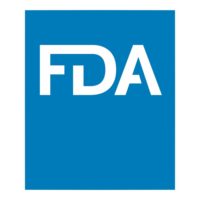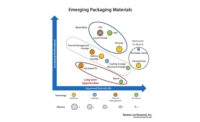FDA, Industry Actions End Sales of PFAS Used in Food Packaging

The federal agency said it doesn’t intend to amend the requirements of the final rule but is extending the compliance date – originally January, 2026 – by an additional 30 months. Courtesy FDA.
The U.S. Food and Drug Administration recently announced that grease-proofing materials containing per- and polyfluoroalkyl substances (PFAS) are no longer being sold for use in food packaging in the U.S. This means the major source of dietary exposure to PFAS from food packaging like fast-food wrappers, microwave popcorn bags, take-out paperboard containers and pet food bags is being eliminated.
PFAS are a diverse group of thousands of chemicals that resist grease, oil, water and heat. The FDA has authorized certain PFAS for limited use in cookware, food packaging and food processing equipment. Exposure to some types of PFAS have been linked to serious health effects. The FDA helps to safeguard the food supply by evaluating the use of chemicals as food ingredients and substances that come into contact with food, such as through food packaging, storage or other handling to ensure these uses are safe.
This announcement marks the fulfillment of a voluntary commitment by manufacturers to not sell food contact substances containing certain PFAS intended for use as grease-proofing agents in the U.S. This FDA-led effort represents a positive step forward as we continue to reevaluate chemicals authorized for use with, and in, food. It underscores an important milestone in the protection of U.S. consumers from potentially harmful food-contact chemicals, said Jim Jones, deputy FDA commissioner for Human Foods.
In 2020, the FDA engaged companies to cease sales of grease-proofing substances that contain certain types of PFAS following our post-market safety assessment. The research FDA scientists conducted and published played a large part in helping the agency obtain commitments from manufactures to voluntarily phase out the use of these substances containing PFAS in paper and paperboard food packaging products.
Looking for a reprint of this article?
From high-res PDFs to custom plaques, order your copy today!






